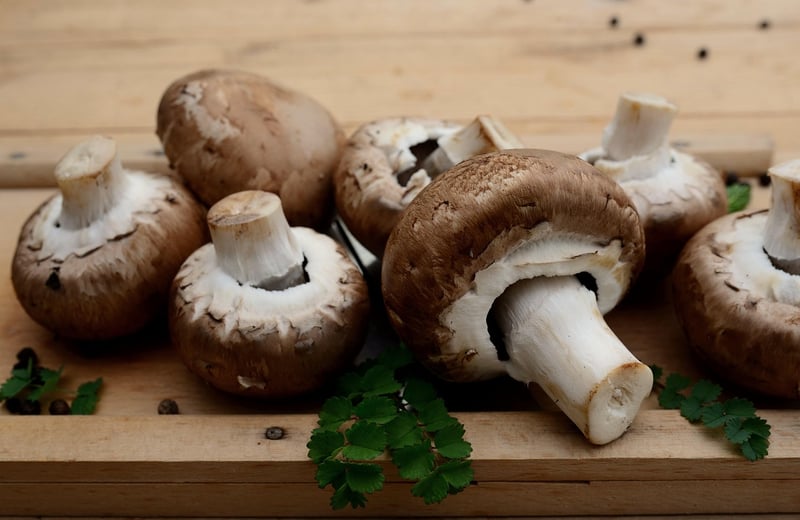Ingredient Substitutions
Enhance Your Culinary Knowledge: Ingredient Substitutions
Are you ready to take your cooking skills to the next level? One essential aspect of becoming a great cook is understanding ingredient substitutions. Whether you run out of a key ingredient or want to experiment with new flavors, knowing how to substitute ingredients can save the day and elevate your dishes. Let's delve into some common ingredient substitutions that every home chef should know.
1. Butter
Running low on butter? No problem! You can substitute it with an equal amount of margarine or shortening in most recipes. For a healthier alternative, try using mashed avocado or applesauce.
2. Eggs
If a recipe calls for eggs and you're out, don't worry. You can use mashed bananas, yogurt, silken tofu, or even commercial egg replacers as alternatives. These substitutions work well in baking as binders and moisture providers.
3. Milk
Need a dairy-free option for milk? Almond milk, soy milk, coconut milk, and oat milk are excellent substitutes that can be used in both sweet and savory dishes. Just ensure to match the consistency required in the recipe.
4. Flour
If you're out of all-purpose flour, consider using whole wheat flour, almond flour, coconut flour, or gluten-free flour blends depending on your dietary preferences. Each type of flour may require adjustments in liquid content, so be mindful of the recipe's texture.
5. Sugar
Looking to cut down on sugar or run out of it? You can substitute refined sugar with honey, maple syrup, agave nectar, or stevia. Keep in mind that these alternatives may alter the taste slightly, so adjust accordingly.
6. Herbs and Spices
Experimenting with flavors? If a recipe calls for a specific herb or spice you don't have, try substituting it with a similar one. For example, swap cilantro for parsley or vice versa. You can also use dried herbs instead of fresh ones, but in smaller quantities.
By mastering ingredient substitutions, you can adapt recipes to suit your dietary needs, preferences, and ingredient availability. Don't be afraid to get creative in the kitchen and explore new flavor combinations!

Remember, cooking is both an art and a science, and learning how to substitute ingredients is a valuable skill that will make you a more versatile and confident cook. So, the next time you find yourself missing an ingredient, embrace the opportunity to experiment and discover new culinary delights!
Happy cooking!
